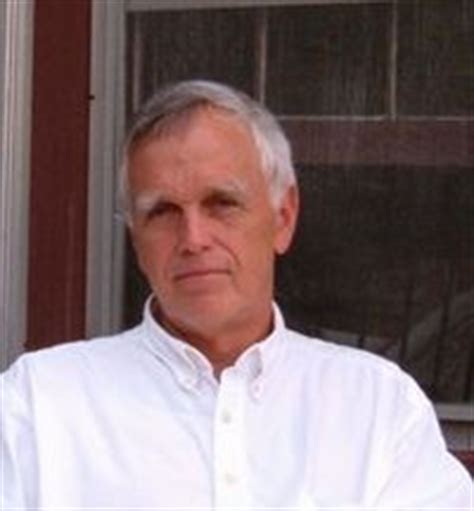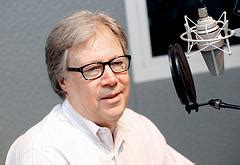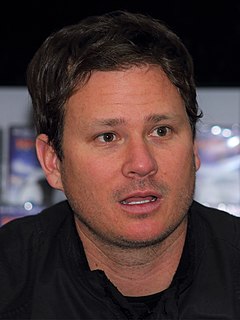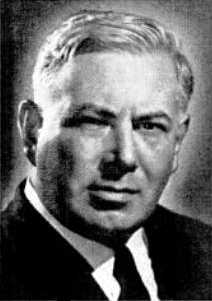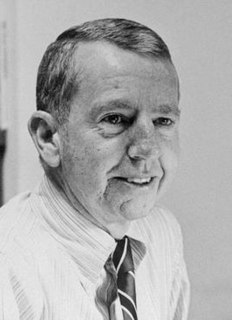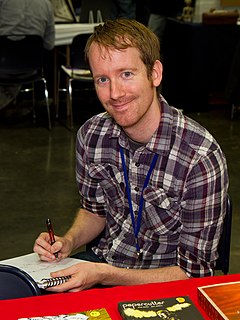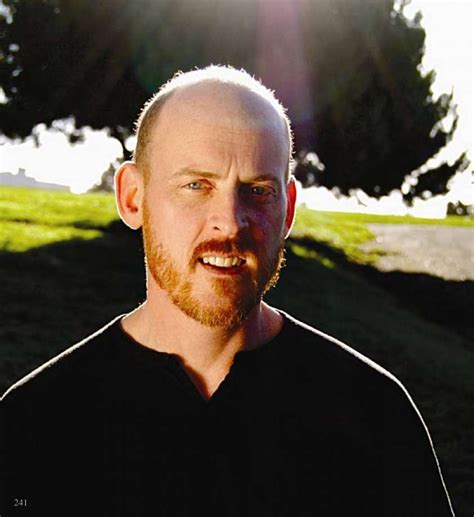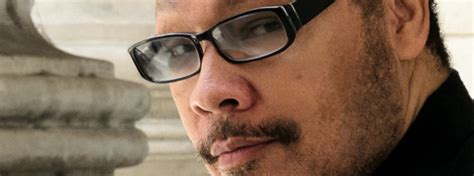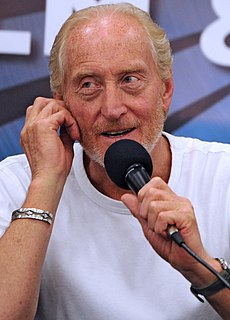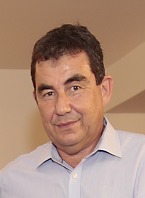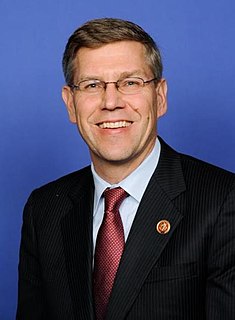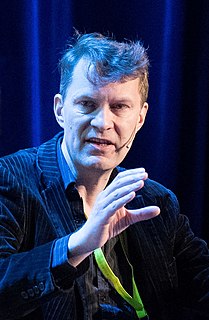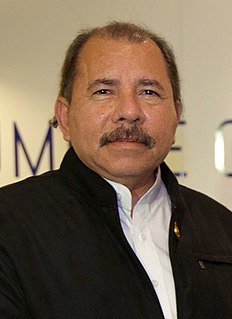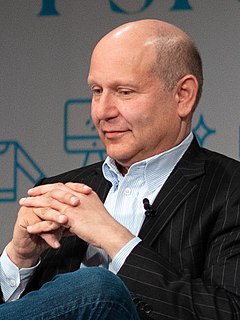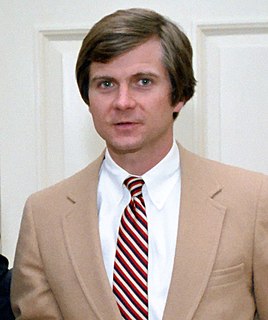Top 453 Adolescence Quotes & Sayings - Page 6
Explore popular Adolescence quotes.
Last updated on April 20, 2025.
There's only one thing harder than living in a home with an adolescent - and that's being an adolescent. The moodiness, the volatility, the wholesale lack of impulse control, all would be close to clinical conditions if they occurred at another point in life. In adolescence, they're just part of the behavioral portfolio.
My sense of politics and justice was deeply shaped in adolescence by my involvement with the underground punk - rock scene, and though lots of social and political issues had come forth in my comics, it wasn't until my late 20s that I felt properly equipped to address certain issues of race, power, and violence in my work.
Life flies by, and it's easy to get lost in the blur. In adolescence, it's 'How do I fit in?' In your 20s, it's 'What do I want to do?' In your 30s, 'Is this what I'm meant to do?' I think the trick is living the questions. Not worrying so much about what's ahead but rather sitting in the grey area - being OK with where you are.
'Chewing Gum' is a sitcom set on an estate in east London. Its central character is a girl from a Pentecostal background who decides to embark on a more worldly lifestyle - it's about adolescence 10 years too late. In my dreams, everybody is watching it, finding out about my world and realising it's not what they imagined. That it's not terrifying.
Up until the age of 13, girls are confident, and they feel like they can conquer the world. Then adolescence sets in, and girls lose their confidence. And 'Seventeen' is really about them taking an hour out of their month, unplugging, lying on their bed, and reading a magazine that believes in them.
I think it's important to experience kindness so that you can experience it more in the future. I believe that patterns of emotional behavior are set down before adolescence. And I think that if you have not observed kindness, you will not recognize it. You have to experience kindness in order to be kind.
Germany's hierarchical reverence for seniority may have something to do with the fact that everything here happens relatively late. Germans start school at six, graduate in their late 20s, and get their first proper jobs in their 30s. Adolescence can go on a long time. It is rare for anyone to achieve responsibility before their 50s.
When I talk to people who have teenagers now, their rooms are filled with screens. There are their phones and their DVD players and TVs and all these things to produce distractions for them, and I think it would be hard to find the time to create something. I think that's really changing something about adolescence.
I was not popular in school, and I was definitely not a ladies' man. And I had a very painful adolescence, because it was all very strange to me. It wasn't like I got beat up, but the humiliation and isolation, and the existential 'God, I exist, and nobody cares' of being a teenager were extremely pronounced for me.
One has to bear in mind that during my childhood and adolescence, I suffered the repression of the Somoza dictatorship in every way: economically, socially, as well as at the hands of the police -- because if we went out on the street to play baseball, for example, the police would come and beat us up and put us in prison.
Despite the fact that I have no regrets about how things turned out in my life, I still can't help wanting to understand my intense relationship with Leo, as well as that turbulent time between adolescence and adulthood when everything feels raw and invigorating and scary-and why those feelings are all coming back to me now.
I do think we're in a period of time culturally where there is just this extraordinary connection that we have to our pets, and in many ways, they are displacing kids. They're so much simpler than dealing with a kid because of this unconditional love that does not get complicated by adolescence or any other manipulation.
Being a father can 'unreason' your worldview, or at least make it very flexible, and that can create all sorts of fun and insights. It's sad that children's open-eyed wonder and sense of play begin to fade as they approach adolescence. One grand function of fathering is to keep the fading to a minimum.

